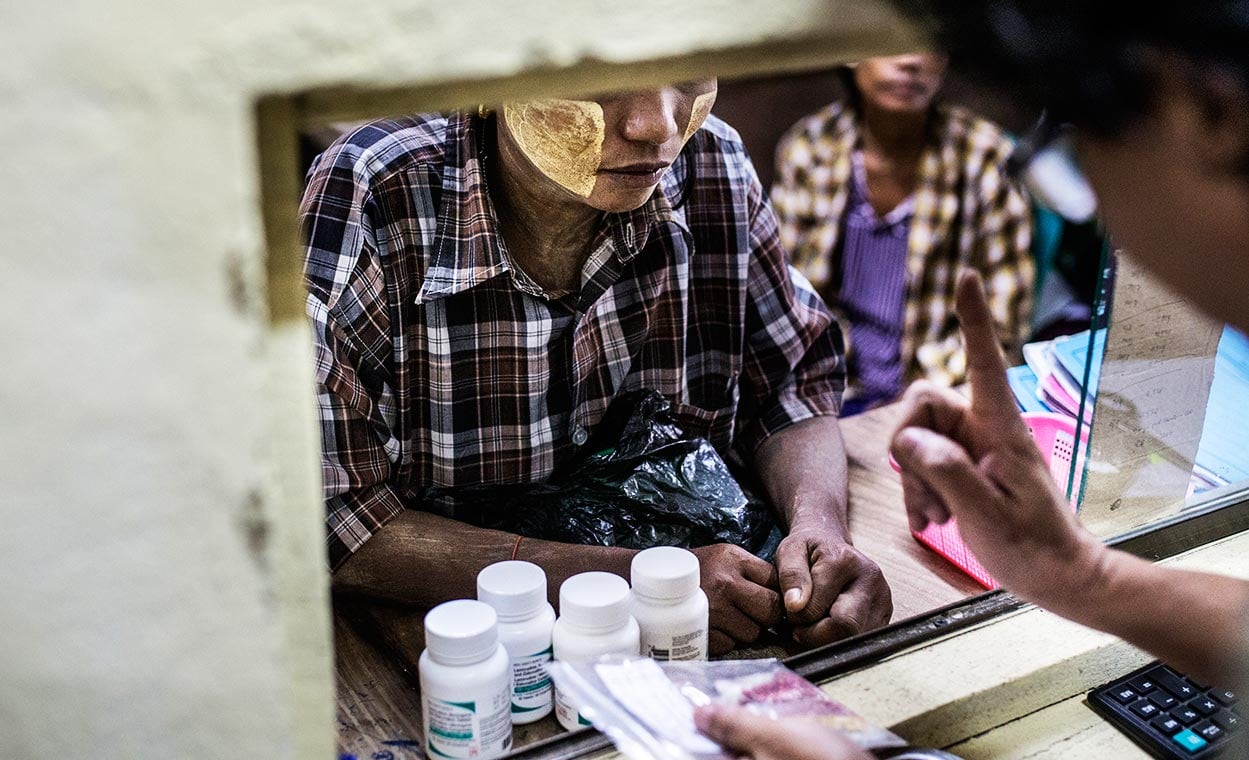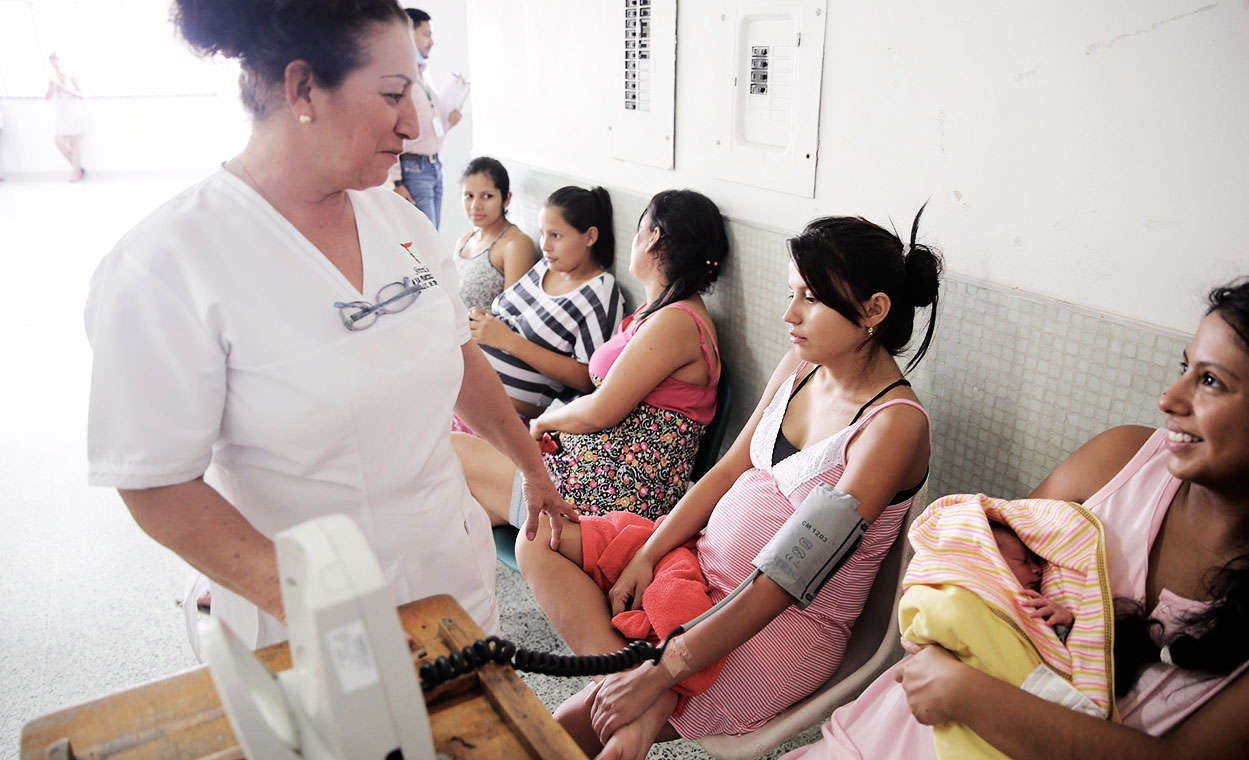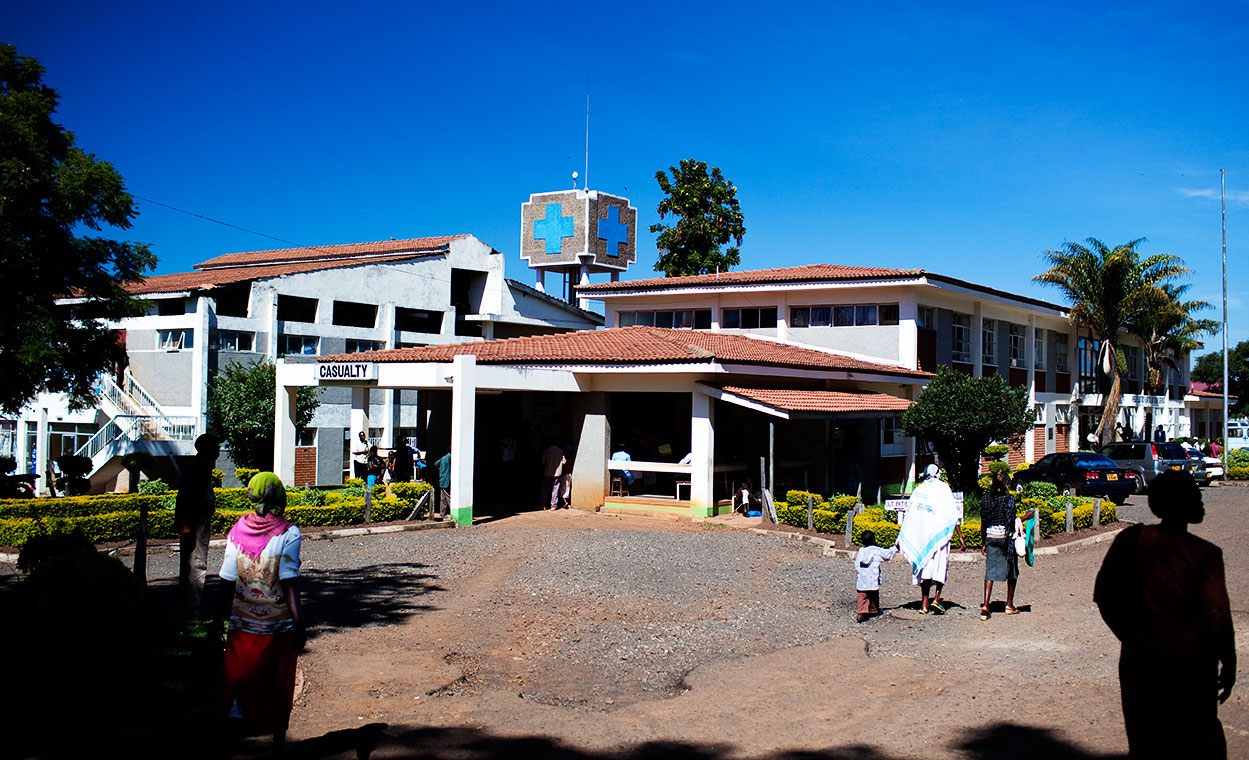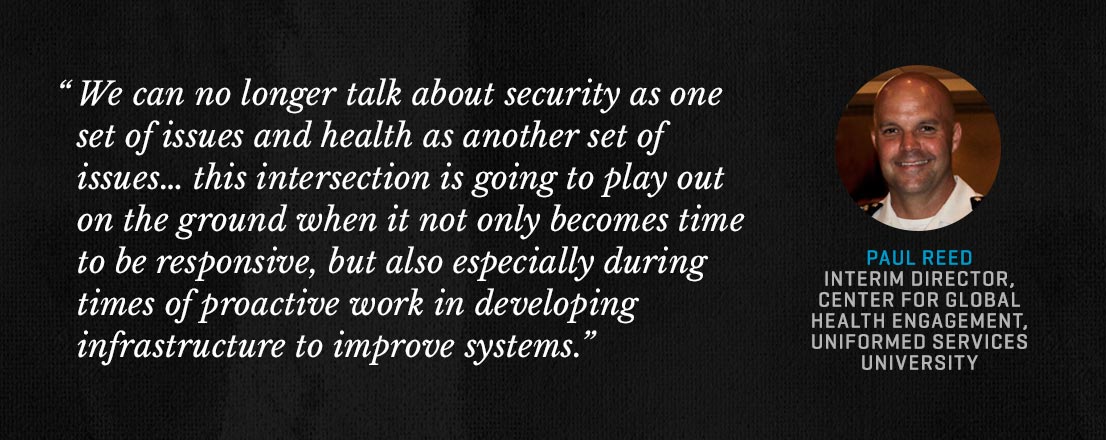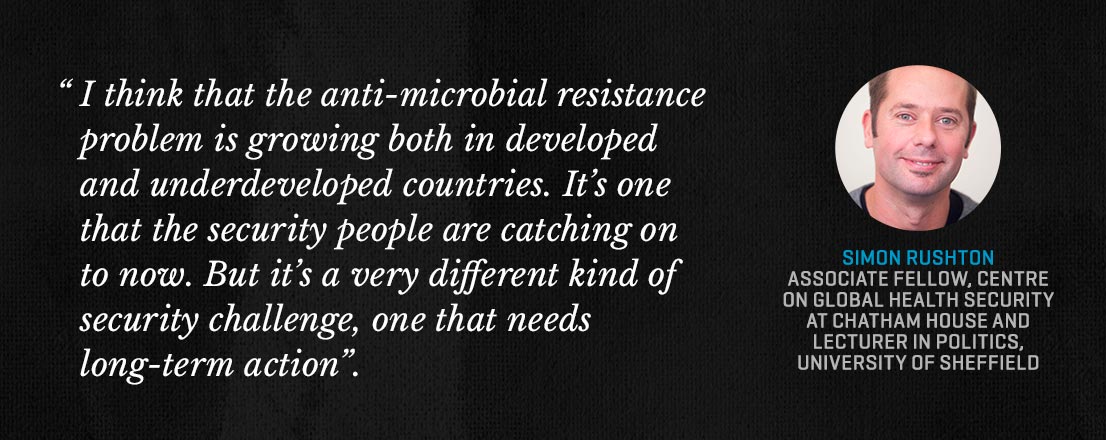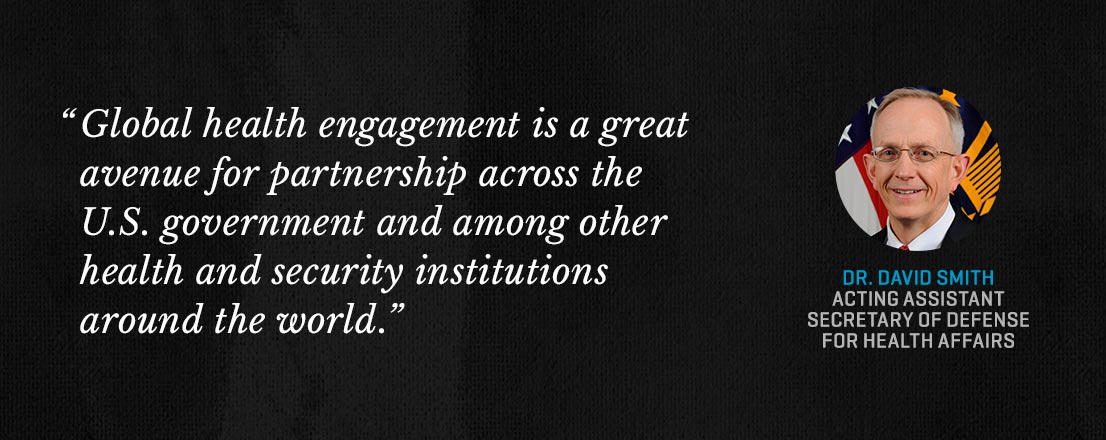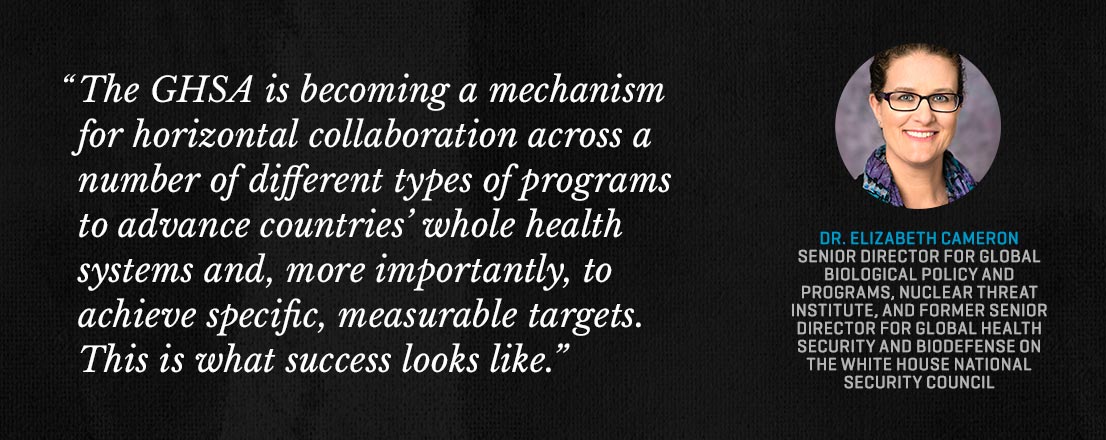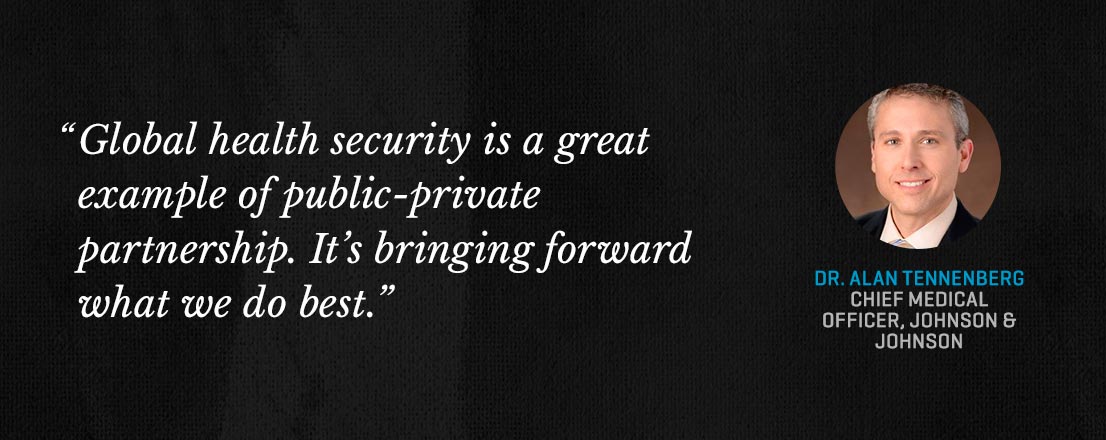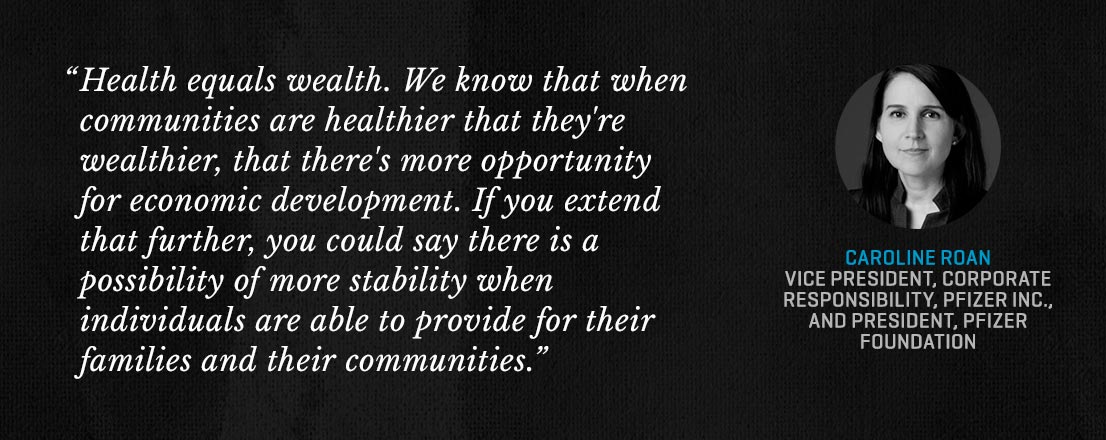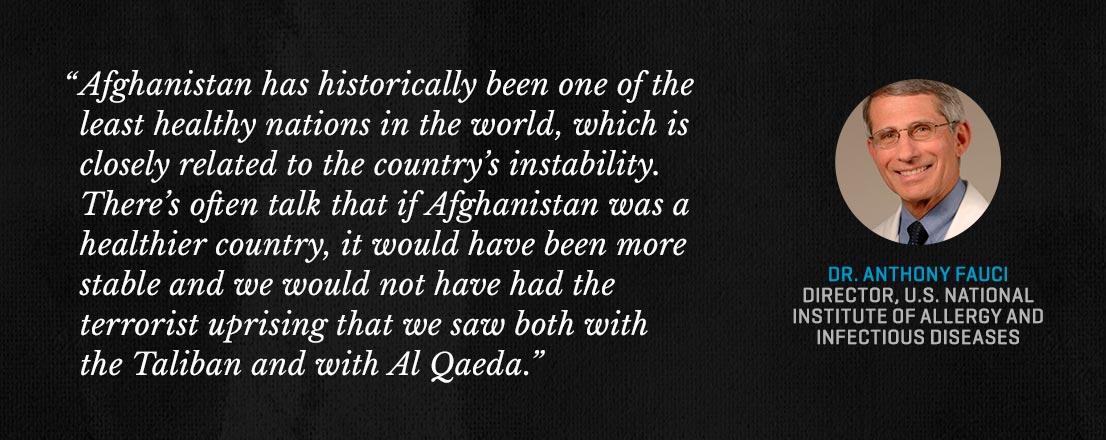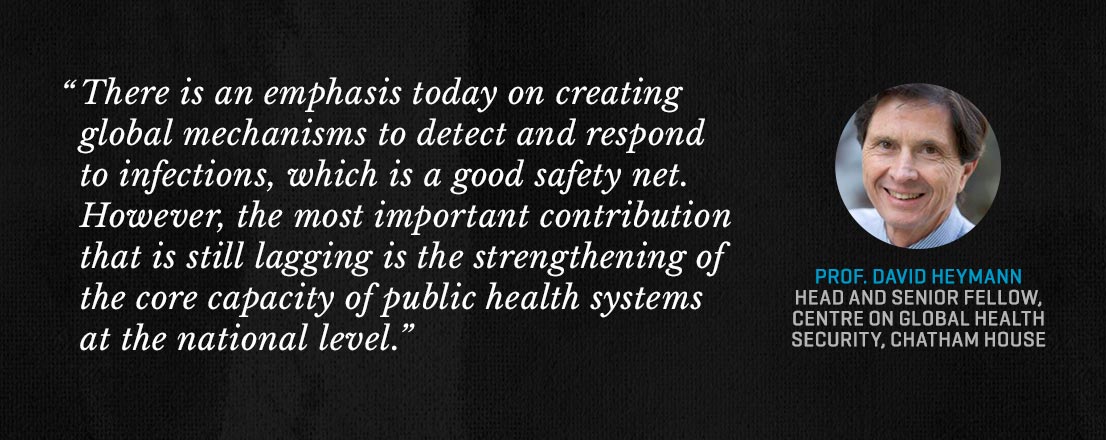The recent outbreaks of Ebola in 2014 and Zika in 2015-2016, have spurred an increased understanding of just how seriously diseases, illnesses, and harmful substances can affect entire populations with all interviewees unanimously stating that they see a clear link between health and security.
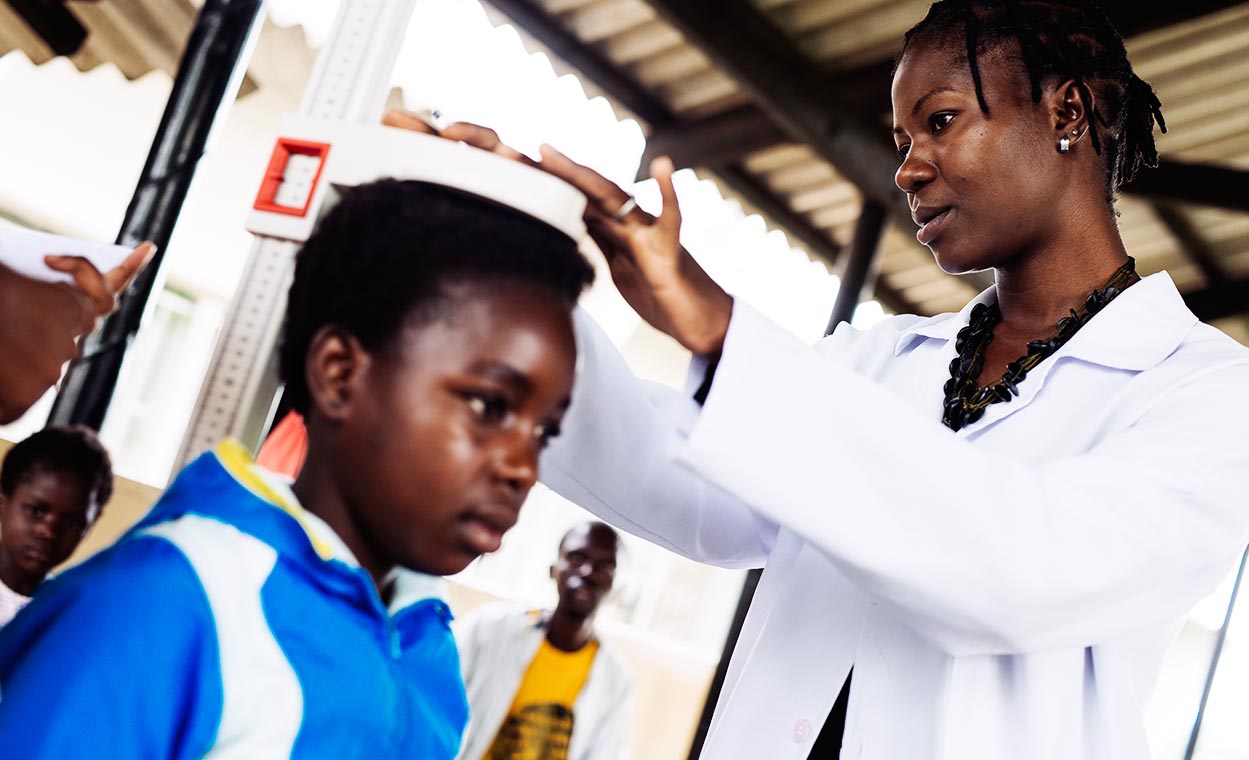
According to interviewees, healthier societies mean stronger economic growth and productivity.
Interviewees made a link between outbreaks and disruption of normal social activity and highlighted their ability to destabilize governments. It was also noted that poor health infrastructure can exacerbate the situation, causing mass migration, distrust in government, local disputes and even public disorder.

